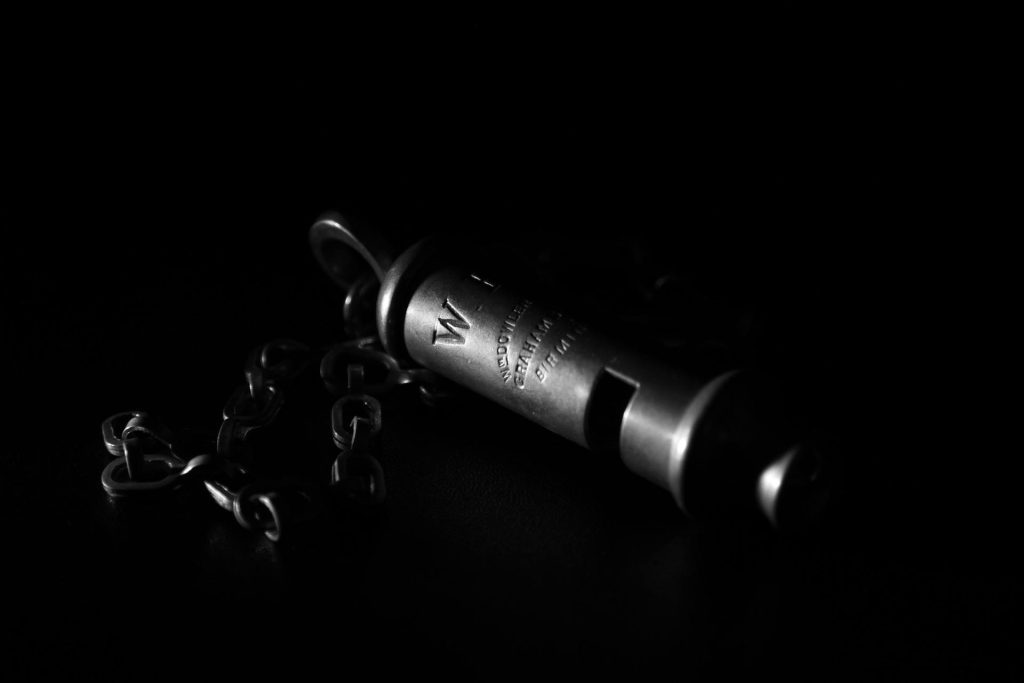
New Jersey is one among many states across the country that have enacted what are known as whistleblower laws. These laws provide protections for workers who report unlawful practices being pursued by their employers, as well as those that may be lawful but which go against the common good. In New Jersey this law is known as CEPA, or the Conscientious Employee Protection Act. It specifically indicates that companies are not allowed to retaliate against a worker, whether through reduction in pay or hours, demotion, suspension or termination, as a result of having reported or objected to their negative conflict.
CEPA is similar to the federal protections that have been offered to employees of public entities, but they go further by enabling employees to feel safe when reporting illicit or inappropriate actions by private employers as well. It protects employees from retaliation for having disclosed or threatened to disclose activities or practices of the employer, providing information to any public body conducting an investigation, or against an employee for refusing to participate in inappropriate behavior.
The CEPA law is designed to provide protections for New Jersey’s workers and make sure that they feel empowered to report wrongdoing on the part of their employers. In order to further that end, the state requires that employers post information about these protections prominently in the workplace, as well as to use other appropriate means to make sure that employees are aware of these protections. Any company that has ten or more employees has to conspicuously display and annually distribute written or electronic notices about CEPA, and they must be distributed in both English and Spanish, as well as whatever other language most of the company’s employees speak. The notification is also required to provide the name of the company employee who should receive written notification of any violations.
The employee who is reporting a violation of CEPA also has to meet certain requirements. The employee needs to prove that they reasonably believed that the employer was violating a law, rule or regulation; that as a result of that belief they performed a whistle blowing activity; that an adverse employment action was taken against them; and that the adverse employment action was a result of the whistleblowing activity. Though the New Jersey Tort Claims Act’s notification provisions indicate that a potential plaintiff has to notify their employer within 90 days of the action, the Superior Court of New Jersey Law Division ruled that the TCA notification provisions do not apply to claims brought under the Conscientious Employee Protection Act. The court’s reasoning behind their decision was that the TCA provisions are irrelevant to CEPA claims specifically because the CEPA law is designed to encourage employees to come forward to report ill conduct.
If you are an employee whose employer is engaging in questionable practices and you would like more information about the rights and protections afforded to you by CEPA, contact Bochetto & Lentz today. We have a successful record of acting as advocates for those who have taken whistleblower actions.
